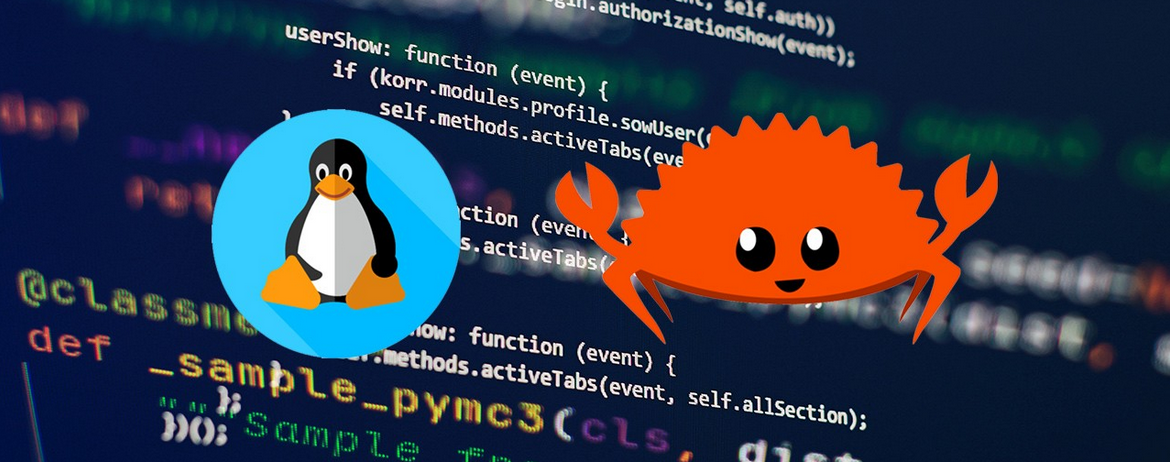The Rise of Rust in the Linux Kernel

Rust is a systems programming language developed by Mozilla Research, known for its focus on safety, concurrency, and performance – all crucial aspects for the Linux kernel. Unlike C, Rust’s strong type system and ownership model help prevent common programming errors, such as null pointer dereferences and data races, which can lead to security vulnerabilities and system instability.
Rust’s Acceptance in the Linux Kernel
In 2020, the Linux kernel maintainers officially accepted Rust as an additional language for the kernel, paving the way for its gradual integration (1). This decision was driven by the recognition that Rust’s safety features could help address some of the long-standing challenges faced by the C-based kernel, particularly in the areas of device drivers and kernel subsystems.
Rust in Kernel Modules
One of the key areas where Rust is being introduced is in the development of kernel modules, which are responsible for managing hardware devices and providing additional functionality to the operating system. Traditionally, these modules have been written in C, but the complexity and potential for errors in this domain have made it an attractive target for Rust’s safety guarantees (1).
Rust’s Concurrency Features
Moreover, Rust’s concurrency features, such as its ownership model and the borrow checker, make it well-suited for handling the complex synchronization and parallelism requirements of the Linux kernel (1). This can lead to more robust and reliable kernel components, reducing the risk of race conditions and other concurrency-related bugs.
Challenges of Integration
The integration of Rust into the Linux kernel is not without its challenges, however. Developers must navigate the complexities of introducing a new language into an established codebase, ensuring seamless interoperability between Rust and C code, and addressing any performance or compatibility concerns (1).
Growing Momentum and Support
Despite these challenges, the momentum behind Rust in the Linux kernel continues to grow. Major contributors, such as Google and Microsoft, have expressed their support for the initiative, and the community of Rust enthusiasts within the Linux ecosystem is actively contributing to the effort (1). In fact, the Linux kernel project lead, Linus Torvalds, has stated that Rust drivers are set to enter the core kernel, marking a significant turning point for the project (2).
Impact and Significance
As the integration of Rust progresses, it is expected to have a significant impact on the overall quality, security, and maintainability of the Linux kernel. This transition represents a significant milestone in the evolution of one of the most influential open-source projects in the world.
